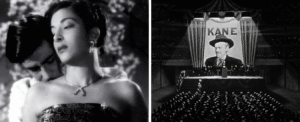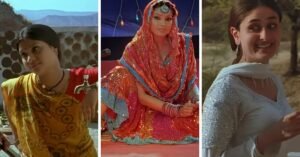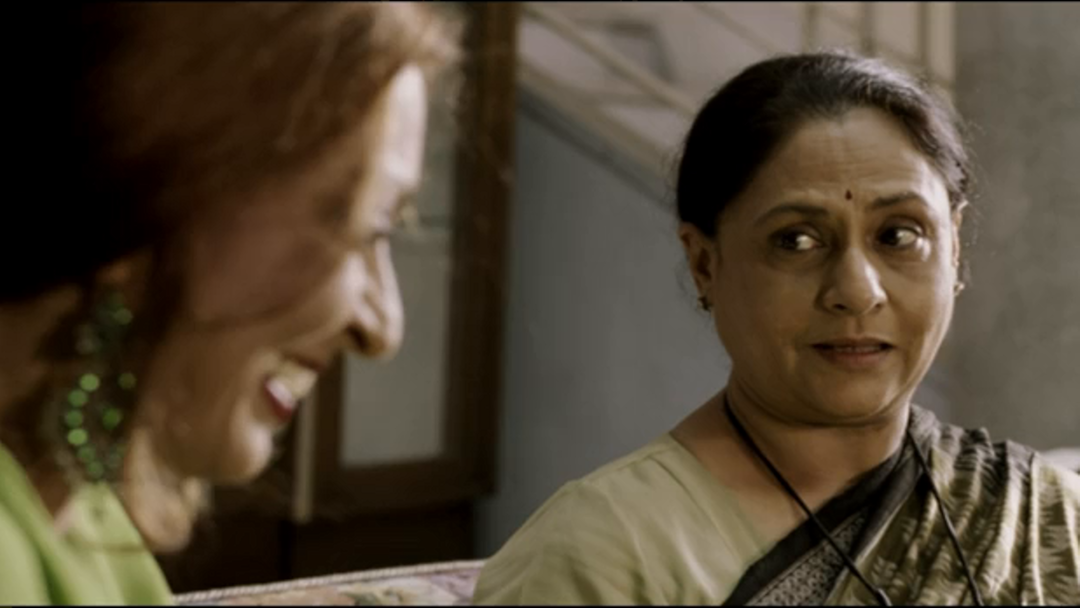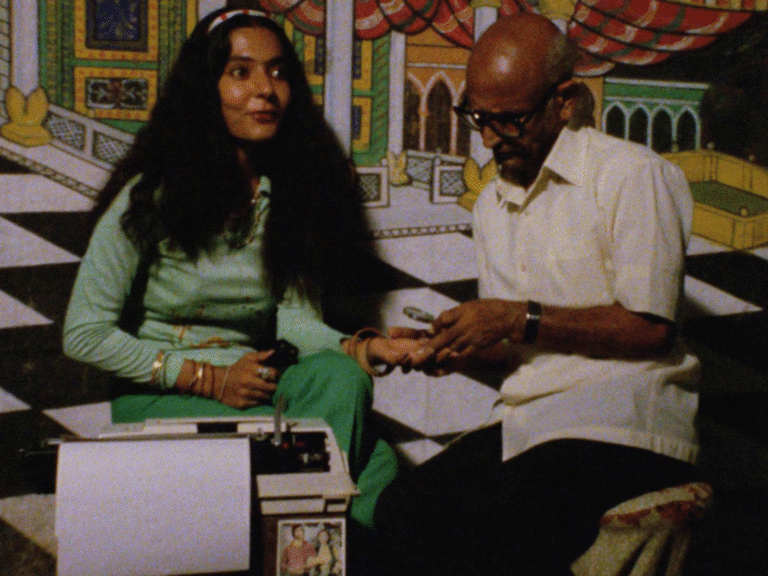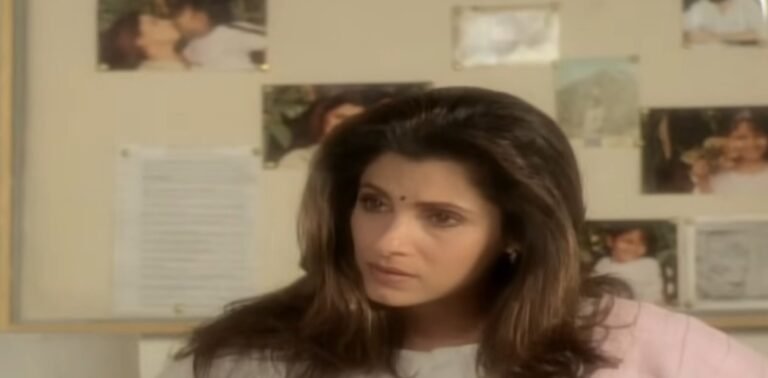The question of “representation” in mainstream entertainment has been one that has dominated discussions over the past couple of years. Everything that had previously been “whitewashed” in modern history has, yet again, been gilded with ethnic colours—even if it hasn’t done the movie any favours in and of itself.
In the heat of this debate, it’s not just cultures and languages that seem to be getting “revived.”
Political and social movements, such as feminism, are also evolving as the mainstream changes its colours. As such, one question that often comes up is about the “accurate” representation of women in entertainment.
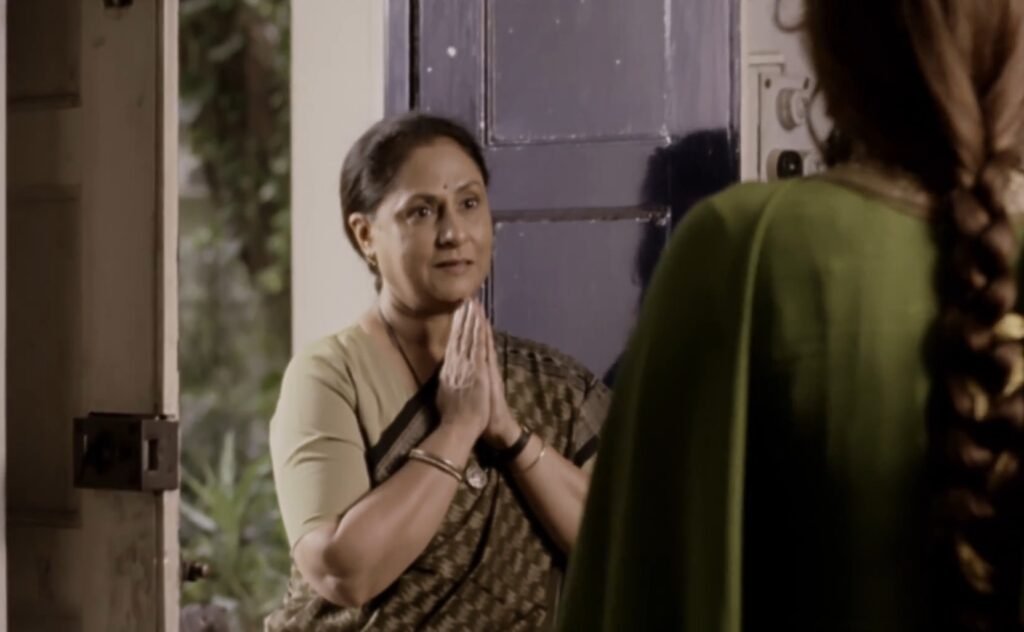
Is the trope of women sacrificing it all so embedded in our collective conscience that we automatically think the opposite of a “virtuous” woman is a “aaj-kal ki feminist” woman?
Or is there space, somewhere deep within the nooks and crannies of the independent film world, where the problems of the modern woman can be explored with the same lack of judgement that is so openly awarded to men?
This is where the powerful Jaya Bachchan-starrer Lovesongs: Yesterday, Today & Tomorrow comes in.
Consider yourself warned: Some spoilers ahead!
At first glance, the idea of exploring complex social and personal issues like motherhood, family, and love by following the lives of three generations of a family may seem overdone.
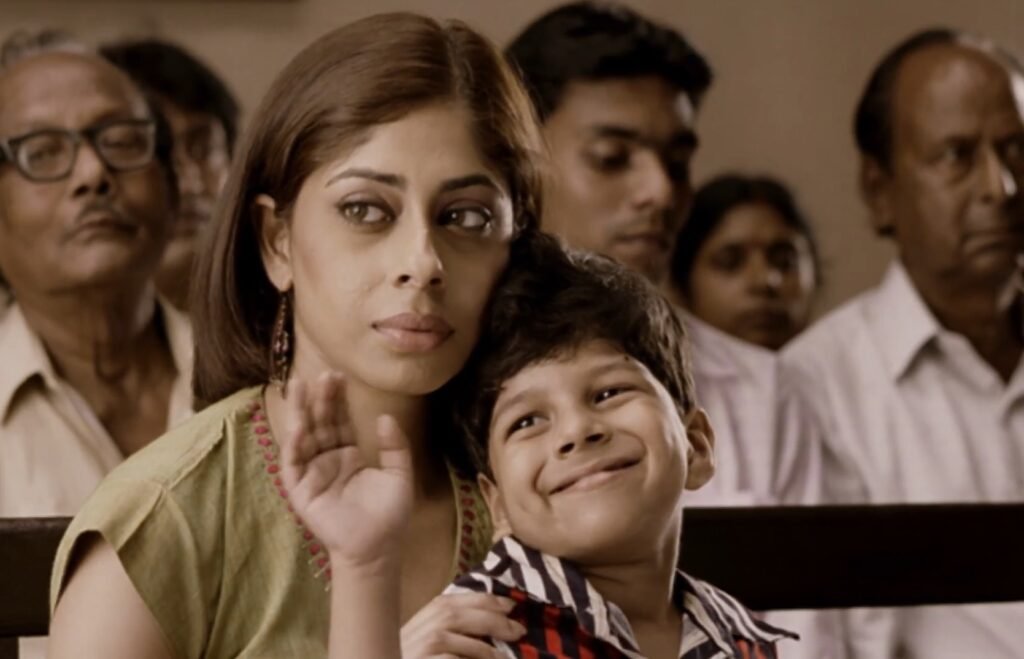
But this movie does the plot justice by taking you back in time, event by event, and detailing the personal traumas of all involved, really driving home the idea that one’s story begins even before they are born.
One facet worth noting is that this movie is powered primarily with the narratives of the women. The film puts in a lot of effort to show us just how alone Mridula is, and how circumstances have led her here. Though she was in love with Aftab, the two had to part ways, and her husband also died fairly soon into their marriage, leaving only her with the responsibility of her daughter, Palaash. In other words, she is on her own, with no man to care or provide for her.
What’s worth noting is how the film uses its few male characters to really focus on the stories of women. The fact that this is a women-led film, with the men only being used when absolutely essential, is truly a breath of fresh air.
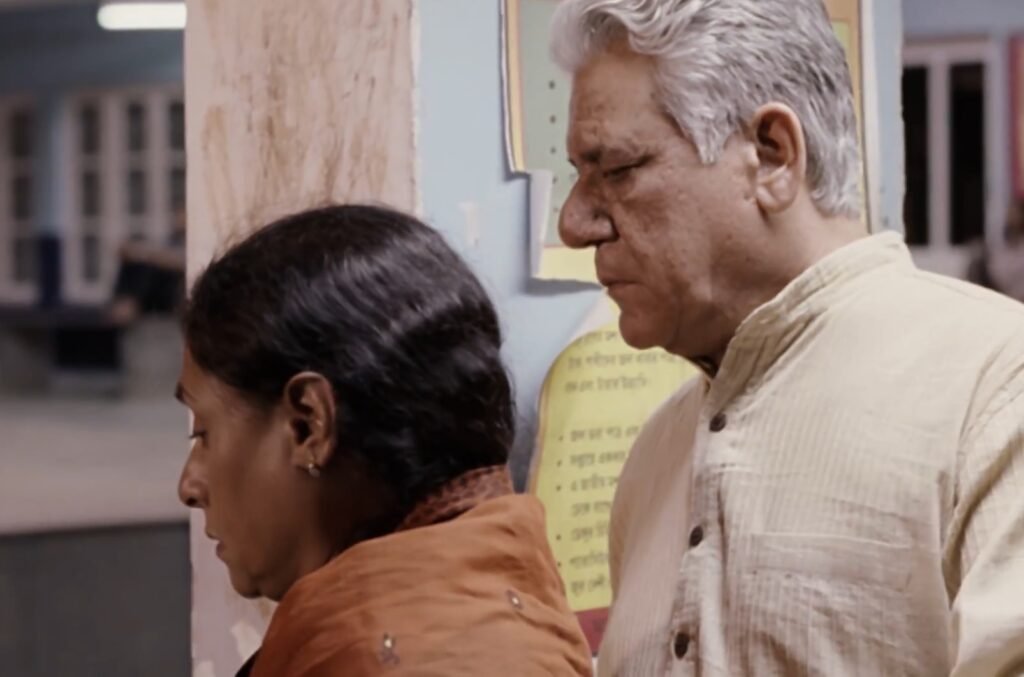
By reserving the appearance of even industry veterans like Om Puri to only the essential scenes, Lovesongs drives home a bigger point—that the lives of its women characters are not a product of male decisions, at least not in the conventional ways.
Allowing its female characters to have this autonomy over their lives while still showing them grappling to come to terms with the bigger traumas is what makes this script so special.
There’s no pressure on these women to be the “perfect” lover, wife or daughter; they just are. Moreover, it challenges the traditional representation of the woman who can it do it all, no matter the personal cost, with empathy—empathy for their circumstances, empathy for their decision-making (no matter how good or bad things turn out), and empathy for where life eventually takes them.
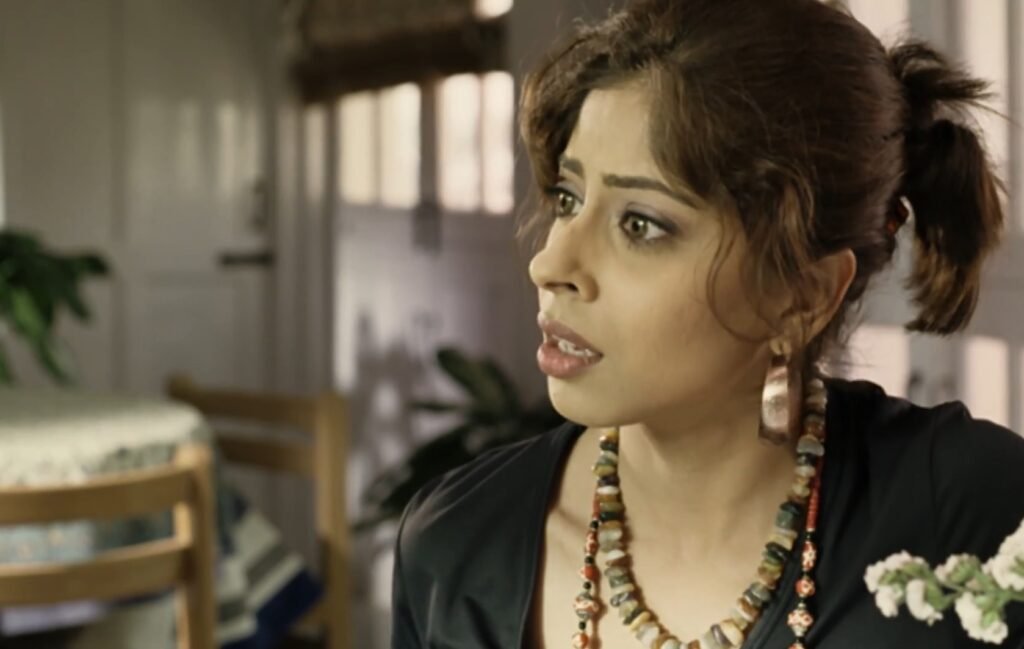
Central to the theme are also the ideas of personal liberty of women, or lack thereof, as the story traverses through Mridula’s life and the enigma of her star-crossed lover, Aftab. Then there’s also Palaash choosing her own husband but still being trapped in an unhappy, failing marriage. Rabia’s alcoholism, a result of her own marriage of convenience with Aftab, also makes a small feature in the script.
Another notion the film features is the idea of women dropping everything to be saviours. The frank conversations between Mridula and Palaash aren’t pleasant by any metric, but they really invoke some pertinent questions about the societal roles women have always had to play. Mridula, stuck in a cycle of loneliness and circumstantial tragedy, is by no means not an independent woman serving her community.
Palaash, on the other hand, having been given every liberty under the sun, still leads a rather tragic life, much of it being her own doing. In fact, Mridula even takes numerous opportunities to label her child as immature, even though the “existential crisis” Palaash must have felt due to not knowing her father must have been crippling.
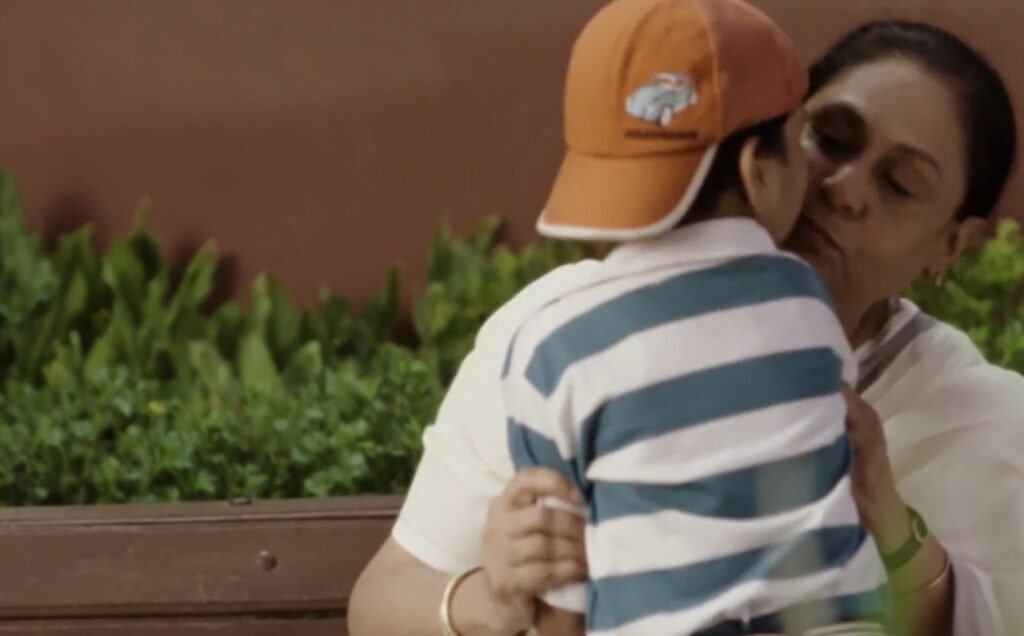
Yet, as the movie goes on, Mridula really comes across as a tragic figure—one for whom life never works out the way she would have wanted. In one poignant scene, even after having borne an unbearable loss, it is she who comforts Rabina and even urges her to overcome her addiction, instead of the other way round.
Even when life re-unites Mridula with her long-lost lover, she has to make tough decisions that lead to her ending up all alone again. Just as she lost her husband before Palaash was born, Mridula now has to end up taking responsibility for her grandson all alone in the wake of Palaash’s death. History repeats itself in this context, too, and although Mridula could have potentially made another choice—dare I say, even taken “a chance” on love—she plays it “safe” and chooses to devote herself to her beloved grandkid.
In this sense, there is that overbearing sense the viewer feels about how, maybe—just maybe—things may have worked out had she given Aftab another chance. After all, mainstream Bollywood has made us all suckers for a good ending.
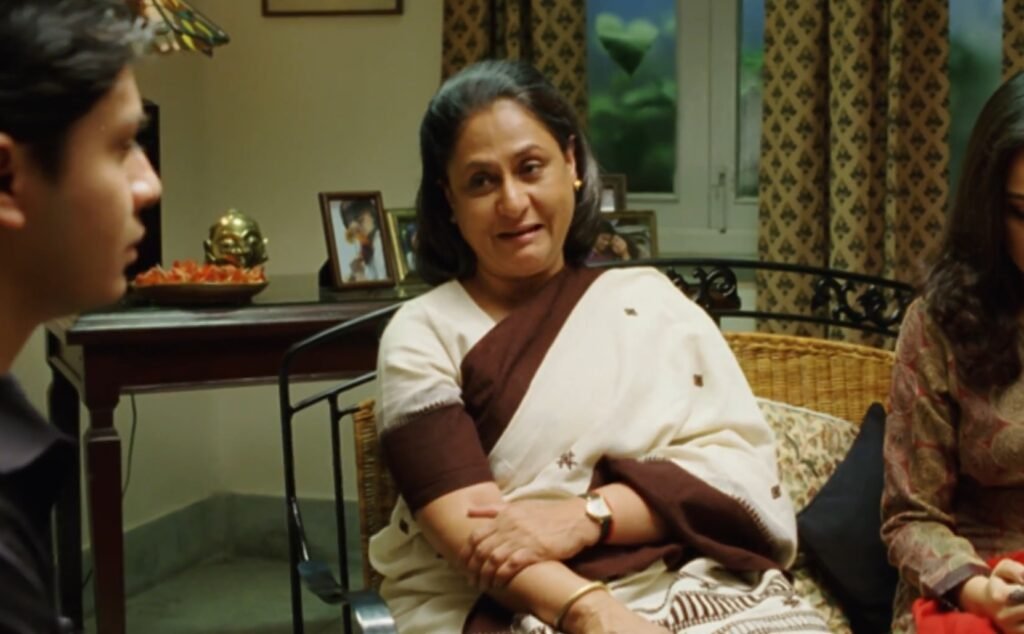
But it’s worth considering that while there is this sense of loss on Mridula’s behalf as a young Aftab left her, the next time around, it is she who rejects the man for the same reason—it was “unavoidable.” In other words, while the tables may have turned, the end result remains the same—Mridula once again forsakes her “love” for family and responsibility. But, this time around, there seems to be more closure for Mridula.
Now, it would be remiss not to talk about the songs in Lovesongs. Although we have a culture that celebrates music as a storytelling tool, frankly, we now revere songs for their “danceability” or for their “catchiness.” But Lovesongs truly takes in stride beautiful music from across different genres and cultures. From Bengali classics to Hindi tunes and English jazz numbers, this movie really harnesses the power of songs to showcase the emotions of its characters. And what a splendid job it does at that.
